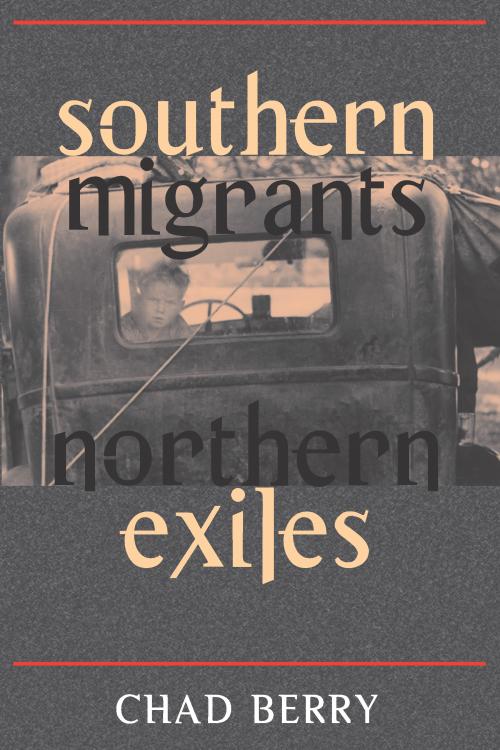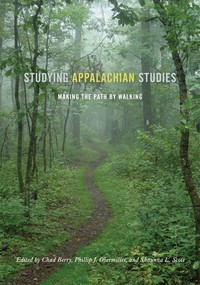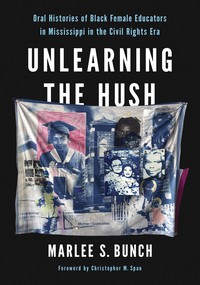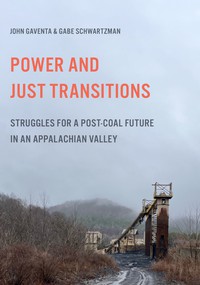
Southern Migrants, Northern Exiles
About the Book
One of the largest internal migrations in U.S. history, the great white migration left its mark on virtually every family in every southern upland and flatland town. In this extraordinary record of ordinary lives, dozens of white southern migrants describe their experiences in the northern "wilderness" and their irradicable attachments to family and community in the South.Southern out-migration drew millions of southern workers to the steel mills, automobile factories, and even agricultural fields and orchards of Ohio, Indiana, Michigan, and Illinois. Through vivid oral histories, Chad Berry explores the conflict between migrants' economic success and their "spiritual exile" in the North. He documents the tension between factory owners who welcomed cheap, naive southern laborers and local "native" workers who greeted migrants with suspicion and hostility. He examines the phenomenon of "shuttle migration," in which migrants came north to work during the winter and returned home to plant spring crops on their southern farms. He also explores the impact of southern traditions--especially the southern evangelical church and "hillbilly" music--brought north by migrants.
Berry argues that in spite of being scorned by midwesterners for violence, fecundity, intoxication, laziness, and squalor, the vast majority of southern whites who moved to the Midwest found the economic prosperity they were seeking. By allowing southern migrants to assess their own experiences and tell their own stories, Southern Migrants, Northern Exiles refutes persistent stereotypes about migrants' clannishness, life-style, work ethic, and success in the North.
Reviews
Blurbs
"An eloquent addition to the social history of the South and Midwest."--Daniel Nelson, author of Workers in the Midwest, 1880-1990
"An eloquent addition to the social history of the South and Midwest."-- Daniel Nelson, author of Workers in the Midwest, 1880-1990"An ambitious and interesting study that offers much new information and illuminates some incidents and trends not noticed before." -- Dr. Gordon McKinney, director, Appalachian Center, Berea College















